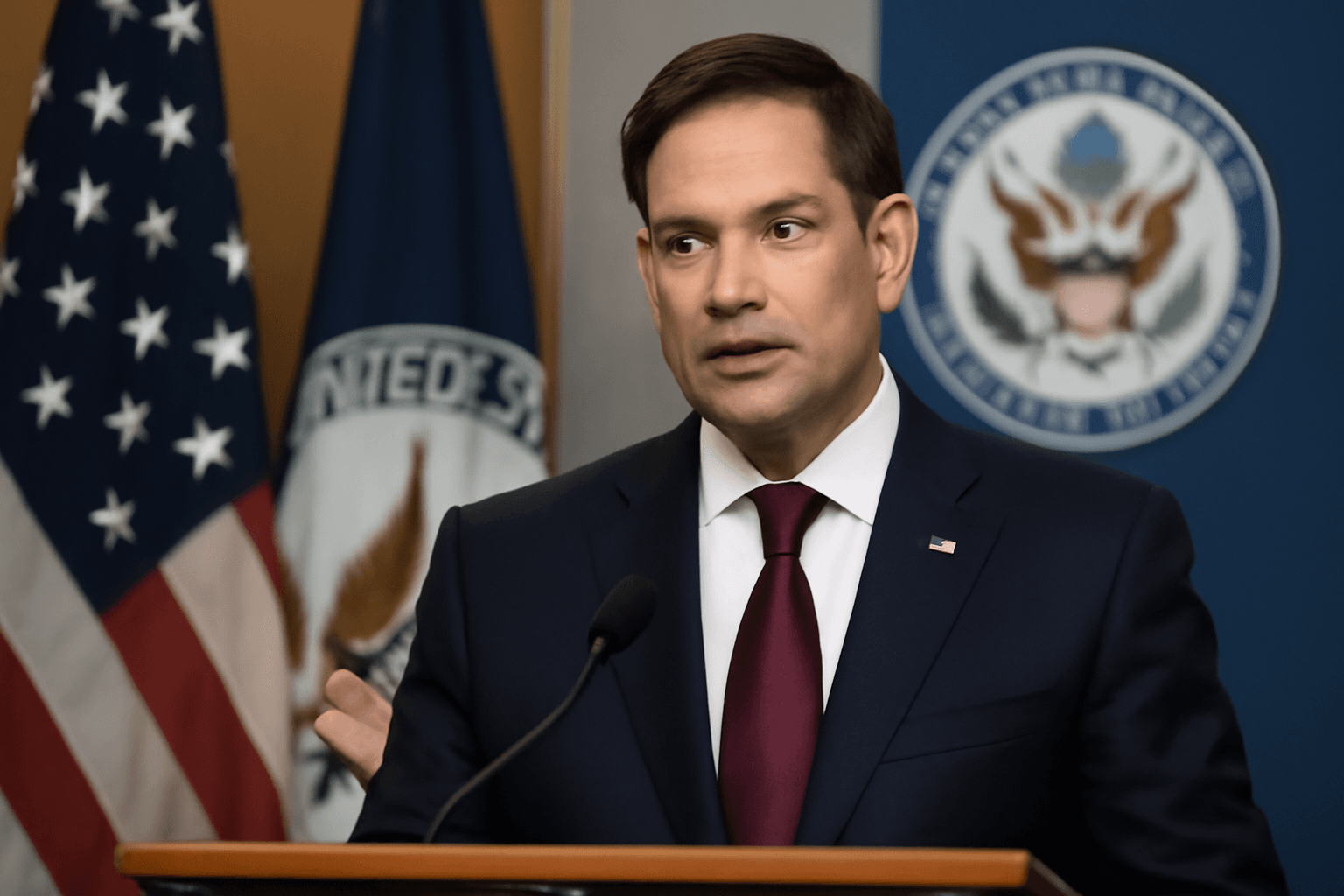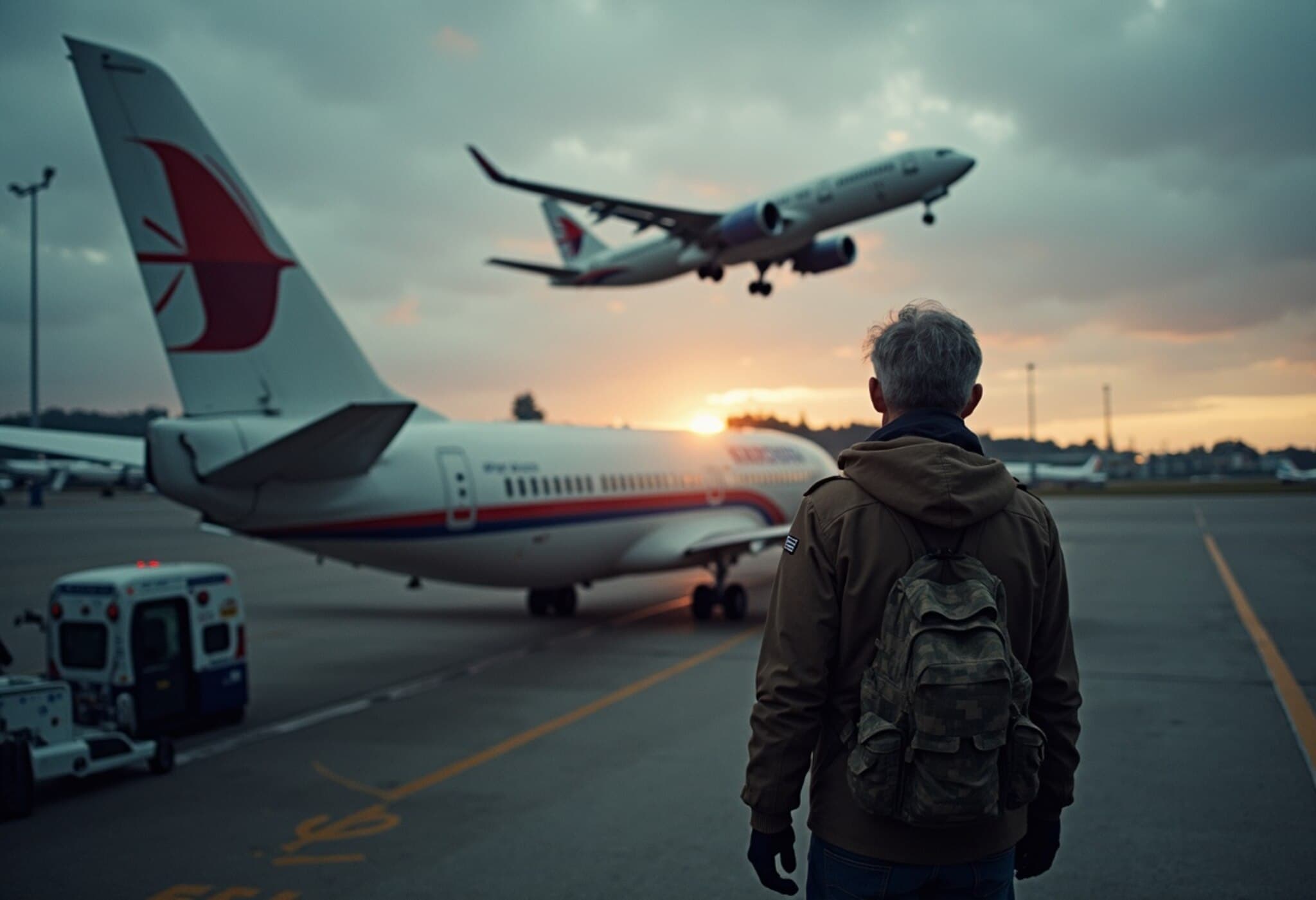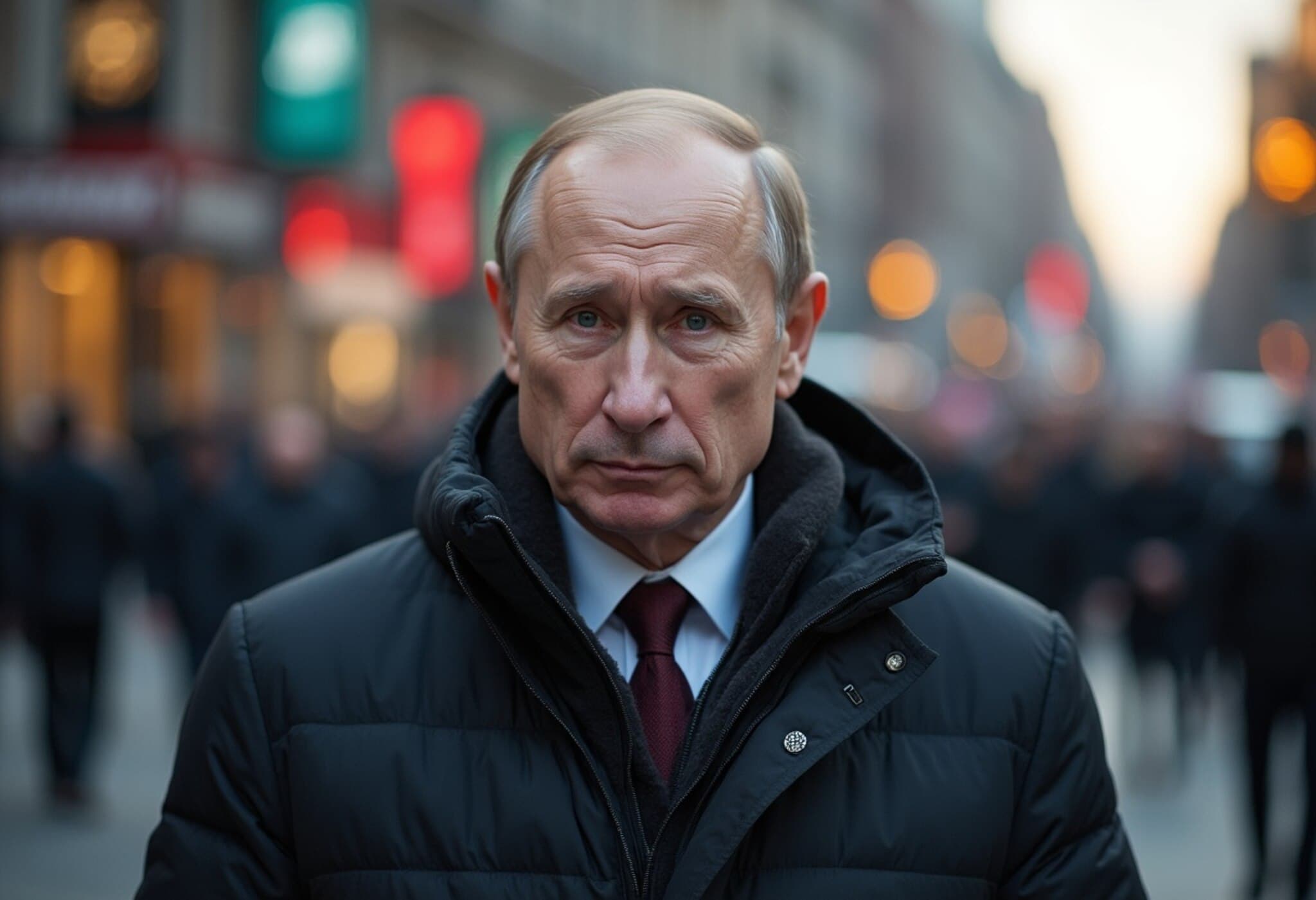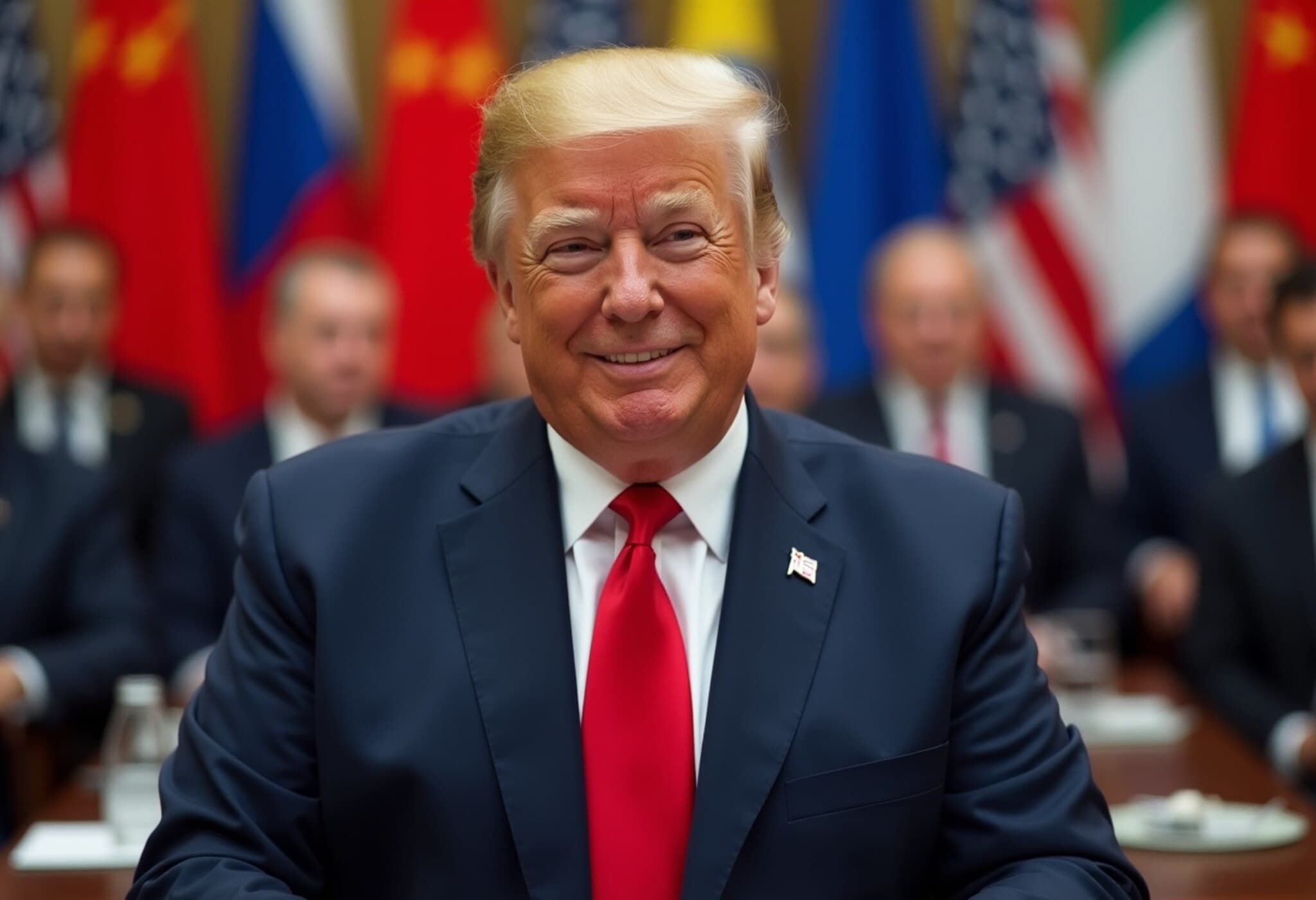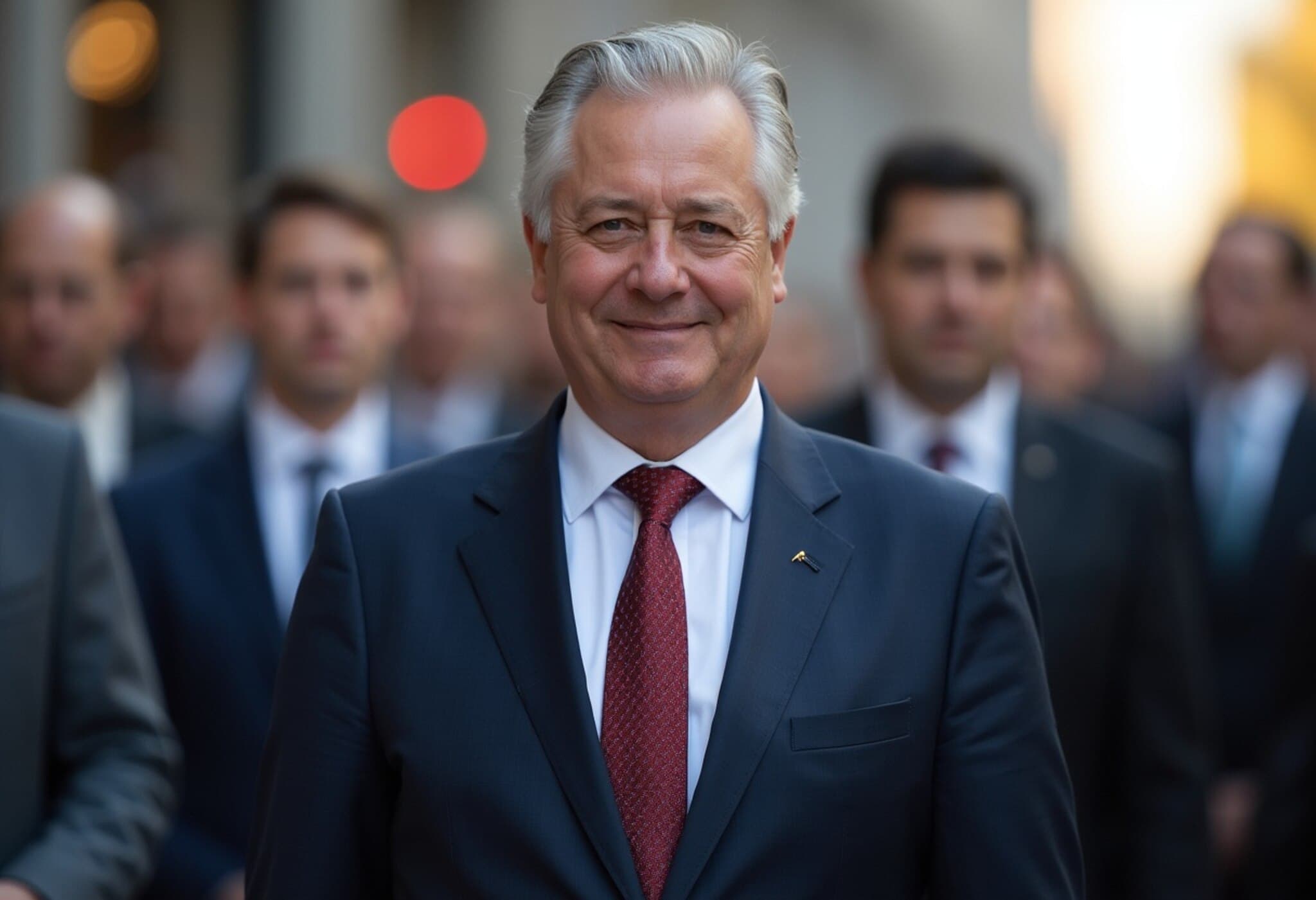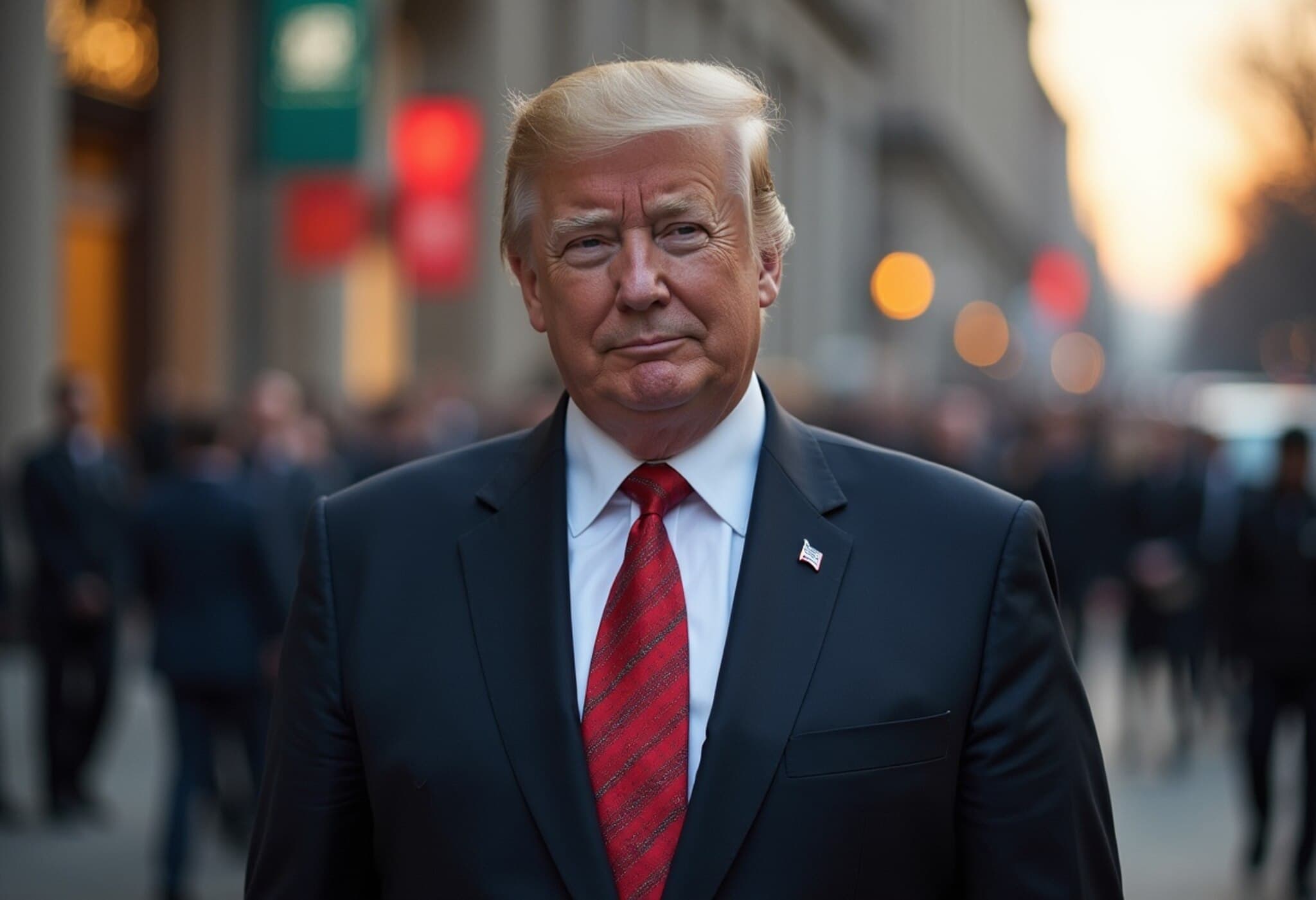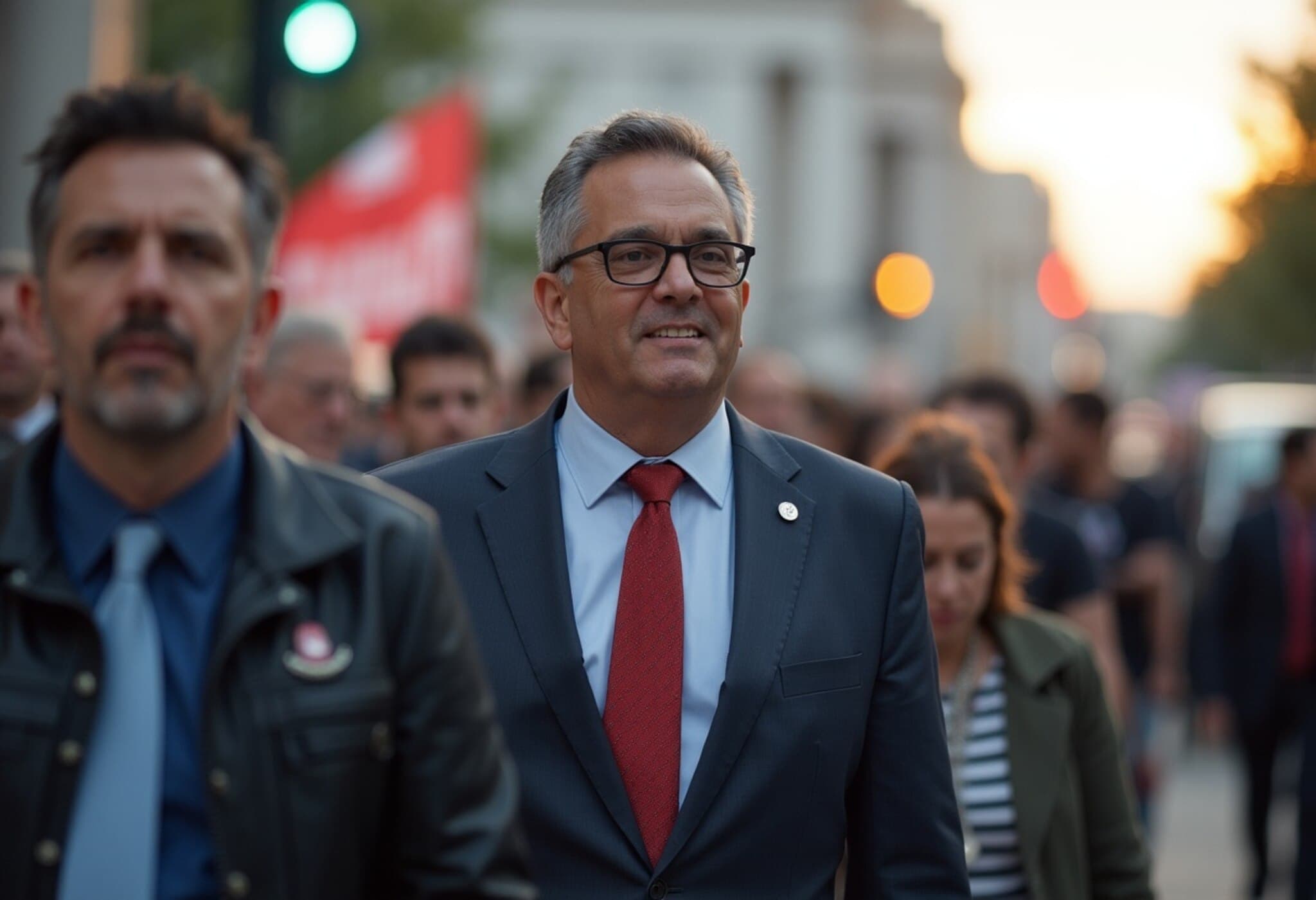European Court of Human Rights Blames Russia for MH17 Disaster
In a landmark and emotionally charged ruling on July 10, 2025, the European Court of Human Rights (ECHR) decisively found Russia responsible for the downing of Malaysia Airlines Flight MH17 over eastern Ukraine, which tragically claimed the lives of all 298 people aboard. This verdict represents a pivotal moment in an 11-year battle by victims’ families and governments to secure justice for the catastrophic event that reverberated across the globe.
What the Court Decided
The MH17 tragedy, which occurred on July 17, 2014, saw a Boeing 777 struck down by a Russian-made Buk missile launched from separatist-held territory in eastern Ukraine. The European Court's ruling unequivocally places responsibility on Russia, stating the missile was fired with disregard to international laws protecting civilian lives, likely mistaking the airplane for a military target.
The court president, Mattias Guyomar, condemned the conduct as "manifestly unlawful," emphasizing Russia's failure to properly identify military targets as a breach of foundational principles of distinction and precaution in armed conflict. Though the precise individual or unit that fired the missile was not identified, the court underscored Russia's liability for the actions of its armed forces and allied separatists.
Broader Context of Violations
This ruling is part of a broader set of judgments against Russia related to its 2022 full-scale invasion of Ukraine, with condemnations spanning torture, rape, kidnappings of children, and widespread destruction of civilian infrastructure. These findings echo global concerns over Russia’s ongoing disregard for international humanitarian law and human rights norms.
Reactions: From Kremlin to Kyiv
Unsurprisingly, the Kremlin dismissed the judgment as “largely symbolic” and declared it void, reflecting Russia’s long-standing refusal to engage with the court since its suspension from the Council of Europe in 2022. Kremlin spokesman Dmitry Peskov reiterated the government’s stance, refusing to acknowledge the court’s authority.
Conversely, Ukrainian officials hailed the decision as an “undeniable victory” for justice and international accountability, reaffirming their commitment to holding Russia responsible for wartime atrocities.
The Human Toll: Families’ Quest for Closure
For the families of victims, this ruling carries profound emotional weight. Thomas Schansman, father of Quinn, one of the young passengers aboard MH17, expressed that the verdict “made it clear who caused the disaster,” stating bluntly, “Russia is responsible for killing my son.”
With victims hailing from 17 nations—including 198 Dutch, 43 Malaysians, 38 Australians, and 10 Britons—the tragedy is an enduring scar affecting thousands worldwide.
Legal and Diplomatic Implications
The ECHR’s 501-page judgment not only attributed blame but criticized Russia for its refusal to participate in the proceedings, labeling this stance a violation of the European Convention on Human Rights. The court also condemned Russia’s failure to conduct a transparent and thorough investigation, which compounded the anguish of grieving families and survivors.
This ruling follows a similar finding by the United Nations’ International Civil Aviation Organization earlier in 2025, which also held Russia liable after legal actions initiated by Australia and the Netherlands.
What Lies Ahead?
While the court will determine financial compensations separately, Russia’s expulsion from the Council of Europe and continued refusal to cooperate cast doubt on the likelihood of any reparations being paid. Moreover, this civil ruling operates independently from the criminal prosecutions in the Netherlands, where two Russians and one Ukrainian separatist were convicted in absentia for murder related to MH17.
Reflecting on Justice and Accountability
The verdict reinforces the fundamental principle that even in complex geopolitical conflicts, the lives of innocent civilians must be protected and that states are accountable for military actions within their control. The case illuminates significant challenges in enforcing international law when powerful states defy judicial fora.
For the American and global audiences, MH17 serves as a bleak reminder of how foreign policy entanglements and proxy conflicts can result in indiscriminate loss of life.
Critical Questions Moving Forward
- How can international courts enhance enforcement against rogue states that reject rulings?
- What diplomatic mechanisms can better ensure transparency in conflict zones to prevent civilian casualties?
- How might this ruling influence broader efforts to hold Russia accountable for the war in Ukraine?
Editor’s Note
This historic judgement underscores the painstaking pursuit of justice amidst the fog of war and ambiguity. It also highlights the limits and possibilities of international legal institutions confronting state-led aggression. While accountability may remain elusive in the short term, the ECHR’s ruling sends a powerful message: the memory of MH17’s victims will not be forgotten, and their families’ resilience continues to inspire the global community’s demand for truth and justice.
As the legal and political drama unfolds, readers are encouraged to consider the enduring impact of warfare on civilians and the critical role of international law in safeguarding human rights even amid geopolitical strife.


